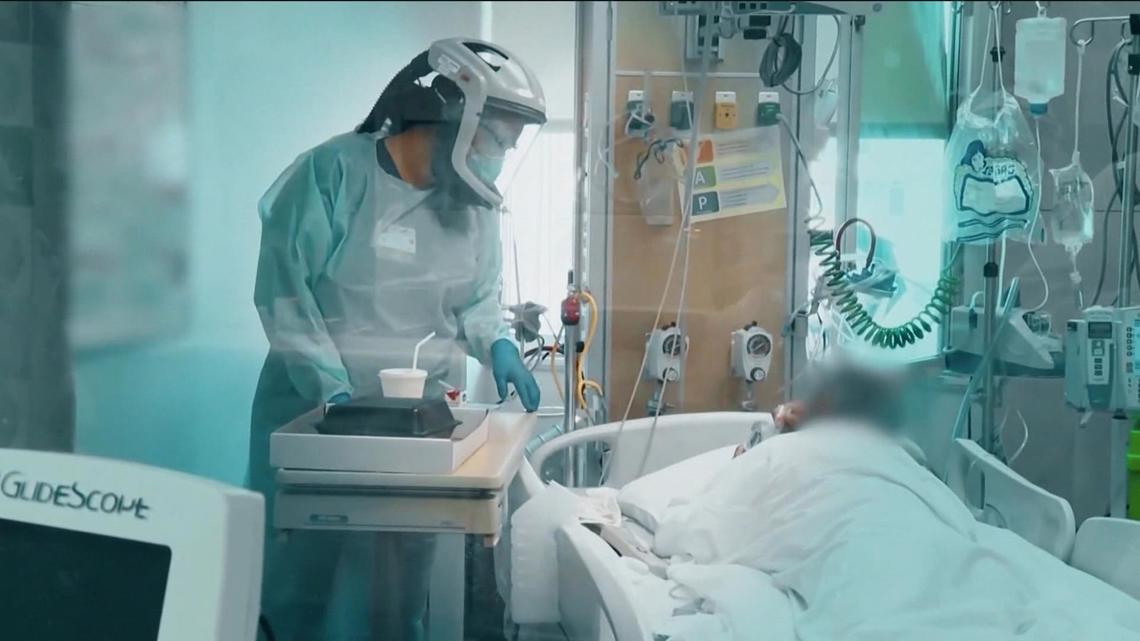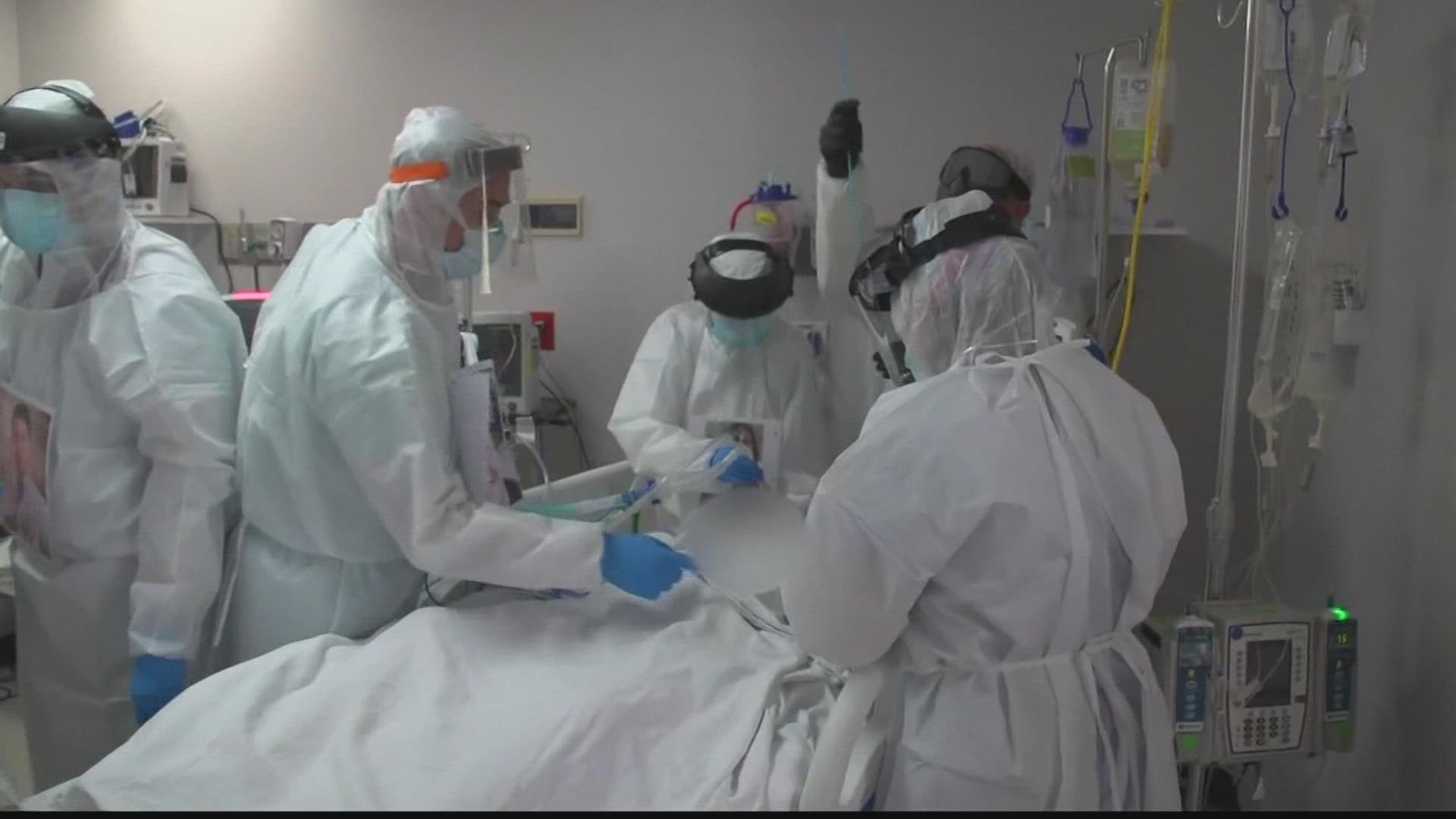ATLANTA — Emory healthcare workers are battling workplace burnout through their new program ARROW, also known as Atlanta's Resiliency Resource for frontline Workers.
In the Fall of 2021, Emory received a $2.28 million grant from the Health Resources and Service Administration to improve mental health by combating burnout amongst current and future clinicians through resiliency enrichment, mindfulness training, and professional development, according to a press release from Emory University.
Since the COVID-19 pandemic, burnout, stress and anxiety have been extremely prevalent within the healthcare community. So much so, that there has been an increase in turnover and a decrease in the wellness of the frontline workforce, a news release reads.
ARROW Director and assistant professor at Emory University’s Nell Hodgson Woodruff School of Nursing, Dr. Nicholas Giordano spoke on how burnout has impacted healthcare professions.
“There's real burnout in the sense that there's fatigue around what people have had to put up with over the last few years,” Giordano said. “And so the folks that we're able to put up with the first few waves of COVID are now looking for other opportunities, and that just creates a really dangerous situation.”
The ARROW curriculum will be a mix of evidence-based meditation and mindfulness techniques. Program directors said it will include the community resiliency model (CRM), cognitively based compassion training (CBCT), and compassion-centered spiritual health.
Dr. Jennifer Mascaro spoke in-depth on the specific ways in which frontline workers will be trained in these practices.


"We want to get this evidence-based programming out as wide as we can, and that's why we have the three different programs because it's not a one size fits all approach. The idea is, can we bring one or more of these programs to people where they are in a way that's feasible?"
She said adaptability and feasibility were the two main focuses when it comes to training.
"So the first thing is being very adept and adaptable, she said. "Adept at getting at working with people to incorporate these programs into their workflow. So that includes offering credits, you know, continuing education credits. It includes bringing the training to, you know, to people. It includes sort of working it into their workflow."
The program will be spanned out over the next three years and during this time, Giordano said that program facilitators have specific goals to expose over 300 frontline workers to this program, and have 90 workers become trainers to maintain sustainability.
He said he hopes that ARROW will create a "system-level change" that shifts the narrative, and destigmatizes workplace burnout so people can know that "it's okay to say you're not OK."
As of now, ARROW has begun training people at Grady Hospital who partnered with Emory to fully integrate the program across Atlanta.

